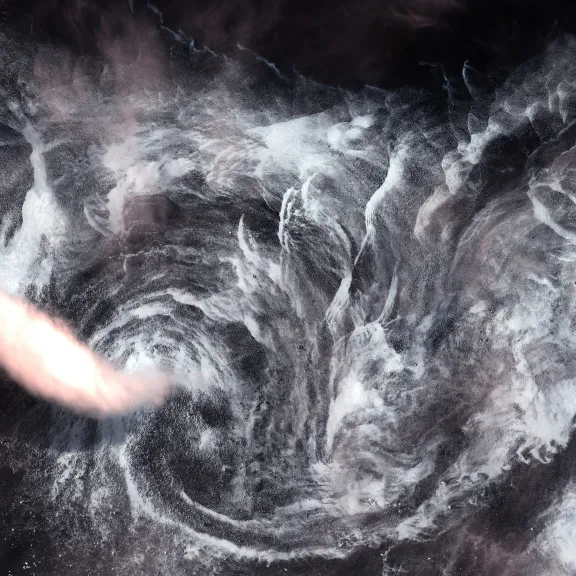
An unusual class!
I have never taken a class about the polycrisis, and in fact only recently learned what it is. The polycrisis is what we are living through, the climate crisis and related issues such as war, mass migration, populism, and vast social inequities.
We need a new mindset to navigate these times. There is a new UC-wide climate course being offered this spring quarter that will help us develop that more robust way of viewing life and our purpose living in this era. It will allow us to develop skills surrounding mindfulness, community action, resilience strategies, social justice and more.
As a postdoctoral scholar at UCSF, I study different types of stress, including the kind that is brought on by the current state of the climate and realities of climate change. I employ classic health psychology research questions surrounding effective health communication strategies, behavior change, stress coping, and health inequities frameworks to climate change-related variables.
I experience the impacts of climate change on communities mental and physical health not just as a health psychologist who studies climate, but also as a Californian witnessing firsthand how fires, droughts, flooding, and the general threat of climate change can permeate all aspects of our lives including behaviors and decision making about our futures.
While the research on the impacts of climate distress and health is still emerging, there is evidence for several strategies to help cope with climate distress. So far, we know that social support and community resilience are huge resources for coping with climate related distress and anxiety.
It can also be helpful to become active in policy and advocacy efforts to reduce the effects of climate change and to develop plans for how one will address these impacts in their own behavior, household, and/or community.
Other strategies that may be protective for one’s mental health would include practicing mindfulness, stress reduction techniques, and spending restorative time in nature. The good news is all of these evidence and theory informed strategies are components of this new UC-wide course now being offered.
The UC Climate Resilience course is a response to the widespread anxiety, anger, and sadness about the state of the climate and all things related. It was designed by professors and scientists to allow students to gain invaluable resilience skills to navigate and build a meaningful future in the midst of the climate crisis.
Some of the lecturers are Jon Kabat Zinn, Rebecca Solnit, and other prolific thought leaders about well-being and social justice. There are also climate experts across the UC campuses who lend their expertise to this course.
Students will watch lectures from world renowned leaders in climate science and action/advocacy, take part in in-person mindfulness sessions led by course faculty leaders and mindfulness-trained instructors, and attend live UC-wide Zoom lectures.
I strongly encourage anyone who is interested in social justice, community action, mindfulness, resilience, or who feels any sense of despair or distress surrounding climate to check out this course.
Additional course information can be found at our website, www.climateresilience.online.
Register now for Psychology 170.17C: Building Psychosocial and Planetary Resilience with Dr. Elissa Epel.



